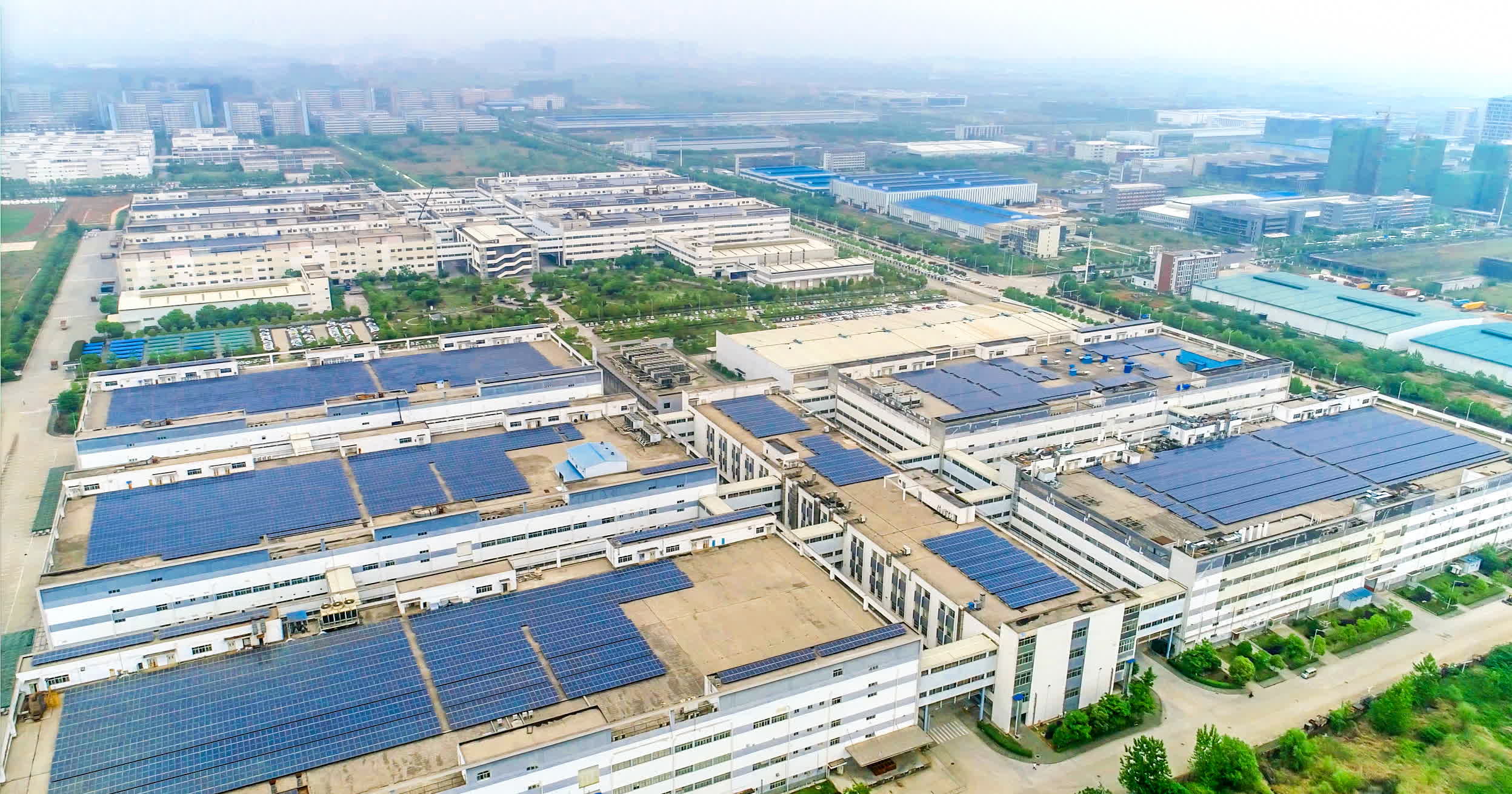Forward-looking: Apple is reportedly planning to leverage its Apple Silicon processors to build new AI servers, enlisting help from two Asian partners. Like many big tech giants and smaller IT startups alike, Apple is heavily investing in AI. As is to be expected, the company is taking its own unique approach to navigating the AI landscape, but Cupertino will still require of substantial hardware to keep its advanced algorithms running smoothly.
According to a recent Nikkei report, Apple first approached Foxconn to produce the new servers in Taiwan, then engaged Lenovo subsidiary LCFC to assist with design. Apple is aiming to reduce its reliance on Chinese manufacturing plants and specifically requested that Foxconn and LCFC conduct their server production in Taiwan.
This move may also enable Apple to tap into Foxconn's expertise in AI server production, as the company already collaborates with Nvidia on several AI projects.
Known as the world's largest electronics contract manufacturer, Foxconn is one of Apple's main partners for iPhone and iPad production. While Foxconn operates numerous facilities globally, the bulk of its manufacturing capacity remains in China, with more limited operations in Taiwan.

An unnamed source told Nikkei that Apple's decision to partner with Foxconn and focus on Taiwan was influenced by the engineering talent and R&D resources available at the Chinese company. Foxconn, which currently builds servers based on Nvidia GPUs such as the H100 and H200, is also working to establish new manufacturing facilities outside China to accelerate the production of Blackwell processors.
Unlike its Big Tech competitors, Apple is not aiming to produce GPUs for training new machine learning models. Instead, the company is more focused on in-house AI inference management for its users. Apple recently introduced Apple Intelligence, a suite of generative AI services for iPhone, iPad, and macOS users.
While Amazon, Google, and Microsoft continue to build data center servers designed for a broad range of AI workloads, Apple remains behind in production volume and server design. The new Apple Silicon servers are primarily intended for internal use. Consequently, the Asian manufacturers will likely manage smaller order volumes than is typical for large-scale production.
